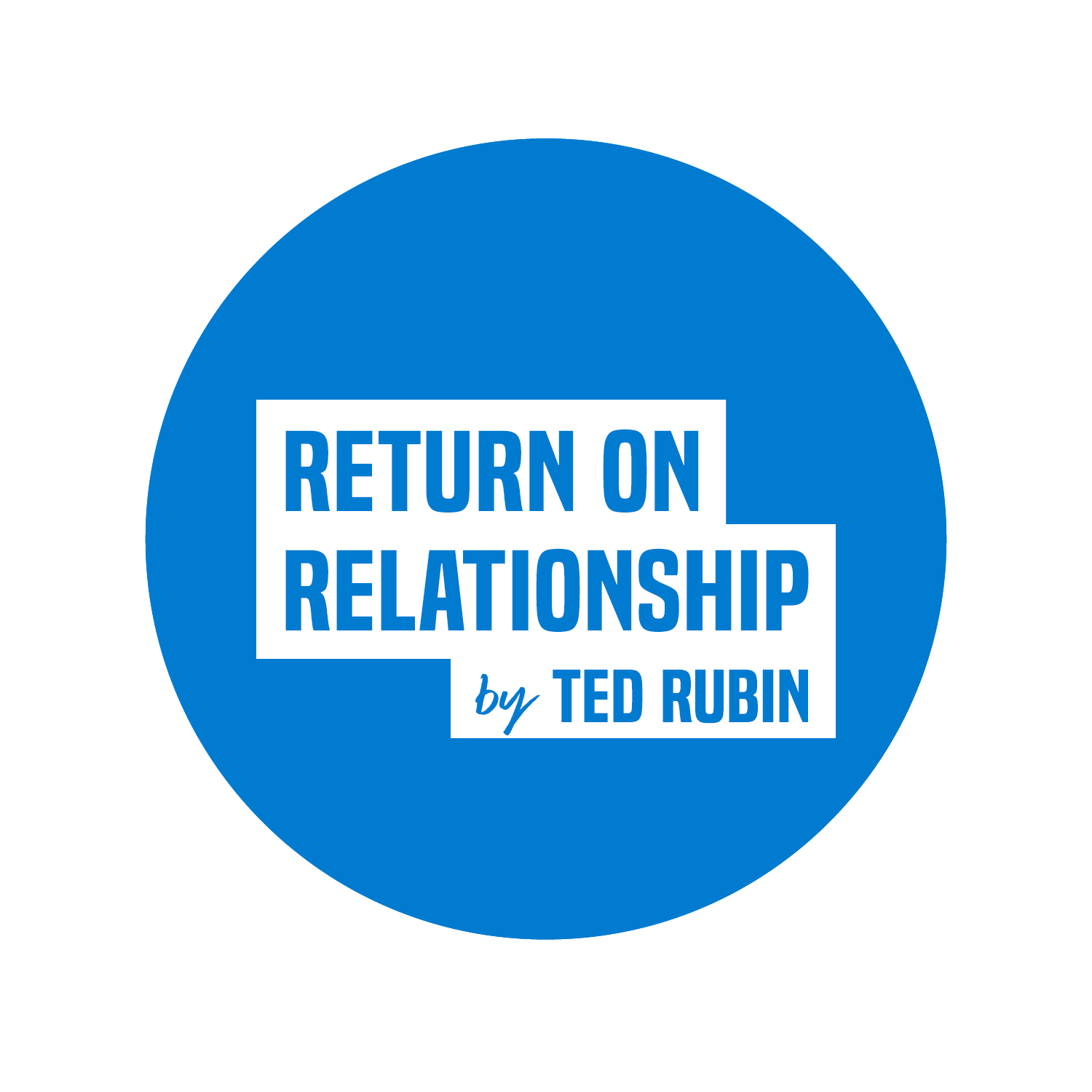Resets Won’t Save Retail Stores ~via @katadhin
Shoppers to retailers, “It’s not you, it’s me…”
There has been a litany of news the past few weeks about retailers deciding that the best strategy for stemming the flow of shoppers transitioning from store-based shopping to ecommerce channels is new store resets. It’s as if collectively, retail management teams have said “Hey, you know what you need shopper? Shiny new shelves!” I’m reminded of the epic video rebuke of advertising a few years back call the breakup where a tired consumer breaks up with her self-absorbed advertising boyfriend. “Hey, you know what you need? A coupon!”
Stores, it's not you, it's them. Seismic consumer behavior changes are all but impossible. The automobile didn’t kill the train or the horse and buggy, people found cars faster, easier and got freedom as an irresistible product benefit. Digital music didn’t kill the record industry, it put control in the hands of listeners who loved the convenience of whatever song the wanted whenever they wanted it (and not having to buy an album with ten crappy songs to get two good ones). Similarly, ecommerce isn’t killing stores, shoppers are just realizing how much time and energy go into the process of shopping and opting for something much easier. Ecommerce is not a true description of the replacement, its more like personal product fulfillment and people love it. With every passing day, shopping in stores becomes more of a burden compared to having things show up on our doorsteps, offices, car trunks, or wherever.
"RETAIL RELEVANCY is all about SIMPLICITY... you make her life easier, she will buy from you again, and again, and again. #RonR" - Ted Rubin
I believe that store based models are in their twilight and that resets for the retailer still in a position to afford them will hasten the closing of models that have become irrelevant. Category Killers were touted as future only a few years ago and will likely be the first to fall. Shoppers still headed to the store will consolidate trips as whole categories automate delivery of needed supplies. Look no further than the acquisition of bark by PetSmart for an astronomical $3bn to see this theory in action. The ‘buy or die’ strategy will be the prevailing model for the next few years. Likewise, a huge oversupply of fitness and sports, office supplies, auto-parts and discounters not named Walmart or Target will be economically unviable. Again stores, please don’t take this the wrong way, but ain’t nobody mad at ya, we are just moving on.
When You’re a Hammer, everything Looks Like a Nail.
Resetting stores is solving a problem that shoppers don't have. When I was on the food marketing team at Walmart, much attention was being given to the 4 o’clock problem. Many of our food suppliers had identified a data point that 75% of families didn’t’t know what they were having for dinner that night. The solution some thought was to create meal solutions within the store that would help busy families solve the problem. This view was self focused on Walmart’s current solution and didn’t take into account that families didn’t have time for stopping of at Walmart for a meal solution in between, jobs, picking kids up at school, gymnastics practice, taking the dog for a walk etc. etc. etc. A meal solution was a drive-through window, or grab and go meals from a fast casual restaurant. Imagine in on 2007, looking at that data, Walmart would have transformed into drive-through grocery, delivery and meal kits as it is today, a decade later. Relevancy can be fleeting as new solutions enter the marketplace.
The phenomenon is absolutely going to accelerate. Global ecommerce will amplify the effect Retail Relevancy as the definition of a retail is transformed from ‘a seller of goods’ to ‘a facilitator of commerce. Most conversations about the current retail battleground in the US don’t include Alibaba which has become a dominant player globally and encompasses the latter definition of a retailer. Alibaba is likely already the second largest retailer in the world and certainly the outright leader in the fastest growing market. Chinese students in my NC State School of Textiles Global Brand Management class described Alibaba as ‘perfect’ recently. When I asked what perfect meant to them they said Alibaba is simply where they transact everything from buying and selling goods to transacting airline ticket purchases and even buying sodas from a vending machine; all transacted with their phone, no cash needed. Is any current retailer ready for that definition of omnichannel with the possible exception of Apple?
The bottom line is the battle is over for many before it even began. Store based retail relevance existed when geography and proximity were the primary drivers (most shoppers buy groceries from the grocer nearest their home). Future retail relevance, perfection of you will, can be found in the simplicity of transacting and invisibility of the shelf.
Originally posted at John Andrews's LinkedIn




